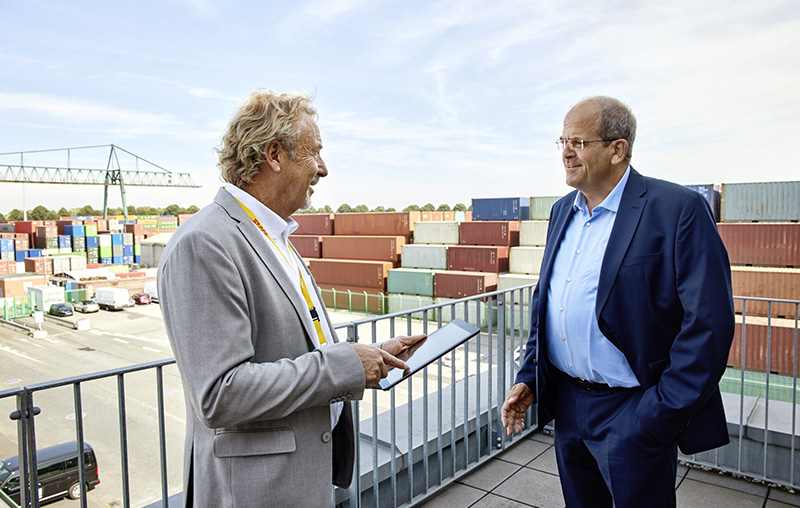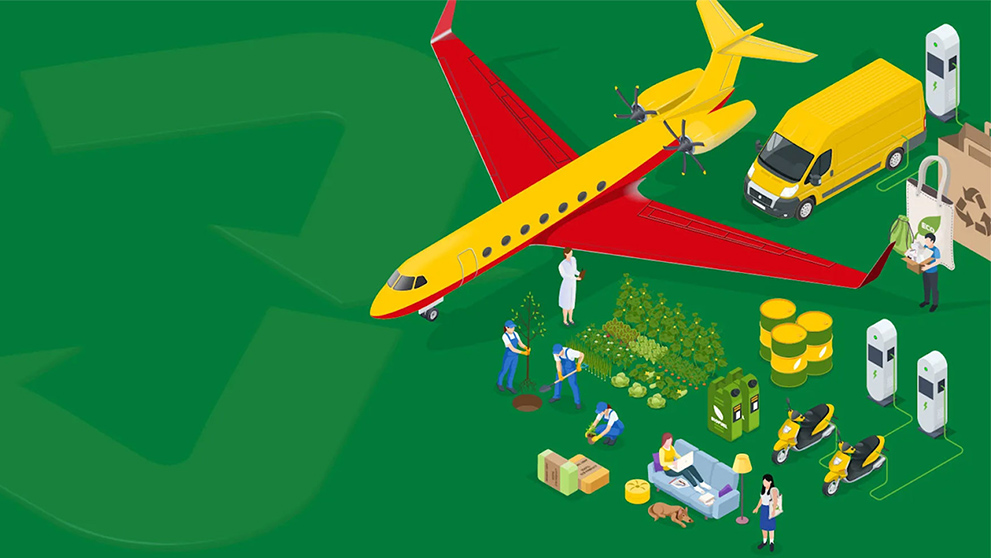What makes a great global logistics partner? As the new year starts, businesses looking to strategise and streamline their operations will know that logistics is vital to ensuring success in the coming year. Below is a list of considerations that you should take into account when deciding on a logistics partner to elevate your logistics operations.
A logistics partner encompasses a lot of responsibilities. What you want is a reliable partner that you can outsource a very important part of your supply chain to – ensuring your customers get their orders without hassle. The logistics partner or partners that you choose have to handle transportation, warehousing, information processing and all the administration processes that come along with the territory. Thus, you should closely assess a potential logistics partner for their reliability, security and operational standards.
The right partner will be able to streamline the flow of various logistics tasks such as order fulfilment, warehousing and door-to-door delivery.
Logistics partners will help you scale your businesses by reducing logistics costs and risks, using effective technology and system solutions for operations and communications with their clients. The level of integrative technology and commitment to reliable communication with their clients is indicative of how flexible and helpful they would be to your business.
Finding the global logistics partner that matches your values and fulfils your business needs may be tricky, but here are a few aspects to consider when choosing a partner.
1. Financial sustainability
One of the most important factors to consider when you want to choose a logistics partner is financial sustainability.
A third-party logistics company that invests in reliable technology, equipment and facilities will have the capabilities to handle abrupt developments in the supply chain and your business growth plans. You should also evaluate their process management technologies to have a sense of their ability to offer logistics solutions to your current and future needs. In a recent study, 25% of businesses experienced exporting challenges because of transport and logistics issues.
2. Comprehensive services, global presence and area of expertise
Logistics providers offer different services, including transportation, distribution, warehousing and shipping. Yet, you should always keep in mind that not all providers offer all these services – for example, DHL Express specialises in international express door-to-door delivery, however other divisions of the Deutsche Post DHL Group offer specific freight forwarding, contract logistics, and international standard parcel delivery. Many have their area of expertise, and in that case, you should match your needs to the expertise of the third party logistics partner. It also helps if they have local, international, and global reach.
You can look for a transportation expert if you want an e-com express delivery partner. Additionally, you should ask the logistics company relevant questions about their business facilities to understand their solutions and how they relate to your short and long-term business needs.
3. Reliable implementation of digital technologies
The world is changing, and technology is playing a significant role in every industry. Thus, your logistics company has to meet the ever-evolving market requirements. The types of technologies being used by the logistics partner for e-commerce should be helpful in streamlining the logistics process and reducing human errors and cost.
High-end warehouse management technology and cloud-based platforms for accessible inventory visibility will allow you to focus on business strategy without worrying about stock inventory errors. Automation solutions to warehousing and order fulfilment will also be beneficial in reducing the errors of wrong order fulfilment and delivery. Hence, the costs saved on returns management can be directed to other parts of your business. So, you should make sure that you have an idea of how your partner can ensure your goods' safe and secure delivery.
4. Excellent customer service
Customer service is another important factor to consider. Your e-commerce express delivery partner should be able to guarantee a quick and empathetic customer service should any issues arise.
Great customer service will also ensure that your brand loyalty with your customers grows. Logistics problem solving, returns management and speed of delivery are some of the key points that can make or break your brand image. Customer-centric technology solutions provide customers and clients with a tracking platform that can follow the freight and will help build confidence in the brand.
5. Pricing
You should review the rates and fees of available logistics providers. While it may seem like a huge expense when outsourcing to a third party logistics partner, it is a long-term investment and you will see the returns on investments in the long run as you scale your business.
Connect your business to the world with a logistics partner
To sum it up, finding the right logistics partner can be a journey. But, if you take the time to research partners that will complement your business, you will find a perfect fit. If you are planning on scaling your business reliably and building a strong brand image globally from Australia using express delivery services, DHL Express has been in the game long enough to take your business to greater heights.


